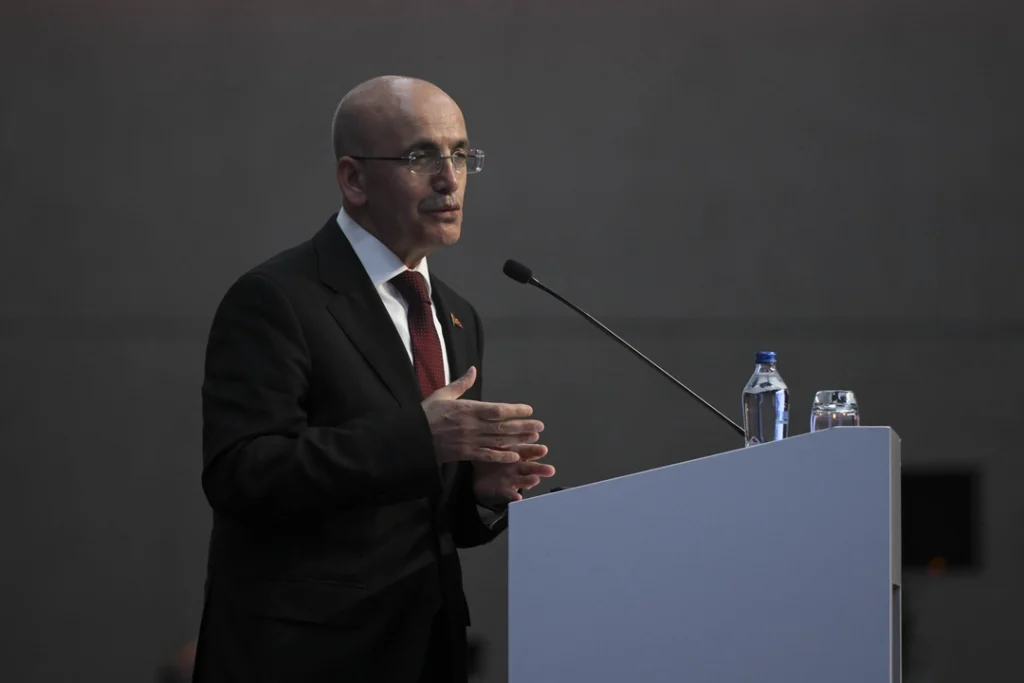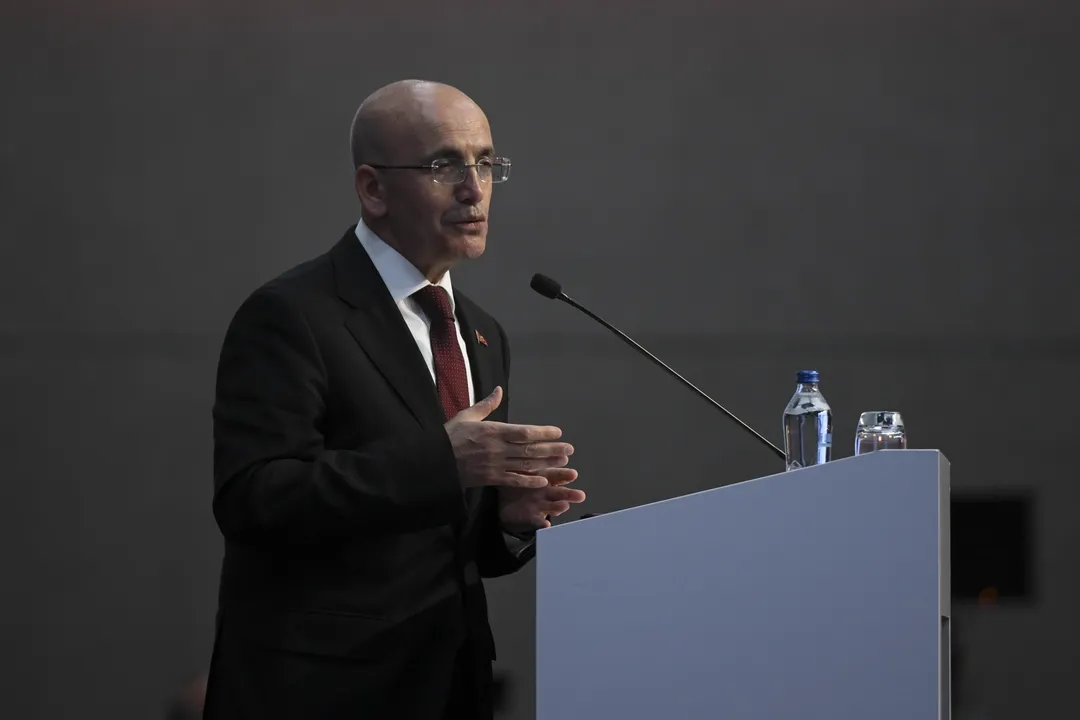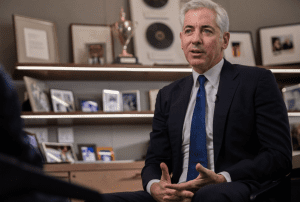In a promising economic development, Türkiye’s inflation has been falling for 10 consecutive months. This trend marks a turning point for the country, signaling the success of its disinflation strategy and a renewed commitment to macroeconomic reform.

Speaking at the International Economic Summit in Sakarya, Finance Minister Mehmet Simsek reinforced Türkiye’s economic direction. Addressing the event via live stream, he emphasized the government’s resolve:
“There is very strong political will, and we have a robust program.”
A Clear Reform Agenda
Minister Simsek pointed out that Türkiye’s economic transformation has been ongoing since June 2023. The aim, he stressed, is not just to reduce inflation, but to create long-term resilience.
The main goals of the reform plan include:
- Bringing inflation to single digits
- Strengthening budget discipline to create fiscal space
- Reducing the current account deficit
- Boosting productivity and competitiveness
- Achieving structural transformation
These efforts align with Türkiye’s long-term vision of sustainable growth and economic stability.
Global Headwinds and Türkiye’s Resilience
The Finance Minister also addressed broader global concerns. He warned of rising protectionism, trade wars, and economic uncertainty.
“Since 2008, trade restrictions have increased 11-fold,” he said, referencing the ongoing US-China rivalry as a major disruptor of global trade.
Yet, despite these external pressures, Türkiye’s economy is proving more resilient than many other emerging markets.
Why Türkiye is Less Exposed to Global Trade Shocks
Simsek explained that Türkiye’s economic model offers two key advantages:
1. Domestic Demand Drives Growth
Unlike many emerging economies that rely heavily on exports, Türkiye’s growth is led by internal demand. With exports of goods making up just 20% of GDP, the country is less vulnerable to external trade shocks.
2. Regional and Stable Trade Relations
Nearly 68% of Türkiye’s exports go to countries with free trade agreements. Most notably, the European Union—Türkiye’s largest trading partner—shares a commitment to rules-based trade, adding a layer of economic security.
“This enhances our ability to absorb external shocks,” Simsek added.
Commitment to Long-Term Gains
Beyond inflation control, Türkiye is positioning itself as a strategic economic hub in a changing world. By focusing on productivity, competitiveness, and structural reforms, the country is working toward greater financial independence and resilience.
This strategic vision is not only about fixing today’s problems—it’s about building a future-ready economy.
Türkiye’s Path Forward
As a CEO publisher observing global economic shifts, it’s clear that Türkiye is taking bold steps. With falling inflation, clear reforms, and calculated trade strategies, the country is navigating global uncertainty with confidence.
Minister Simsek’s message is loud and clear: “Türkiye is committed to stability and growth.” And if the current trajectory holds, it may emerge as a model for emerging economies around the world.



















Comments are closed.